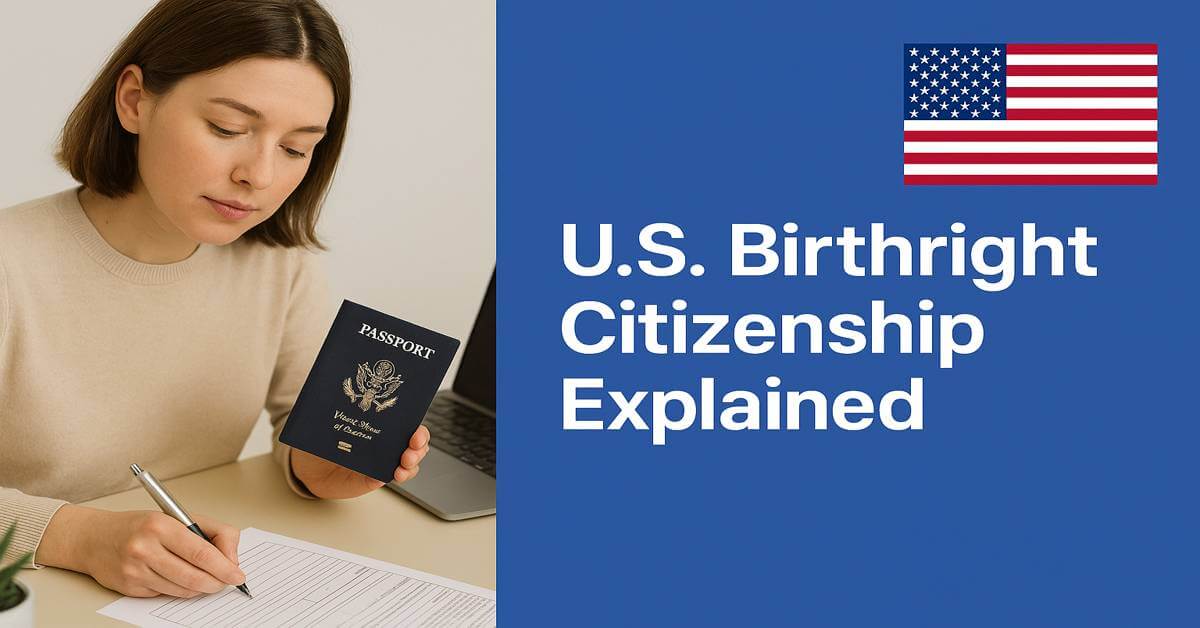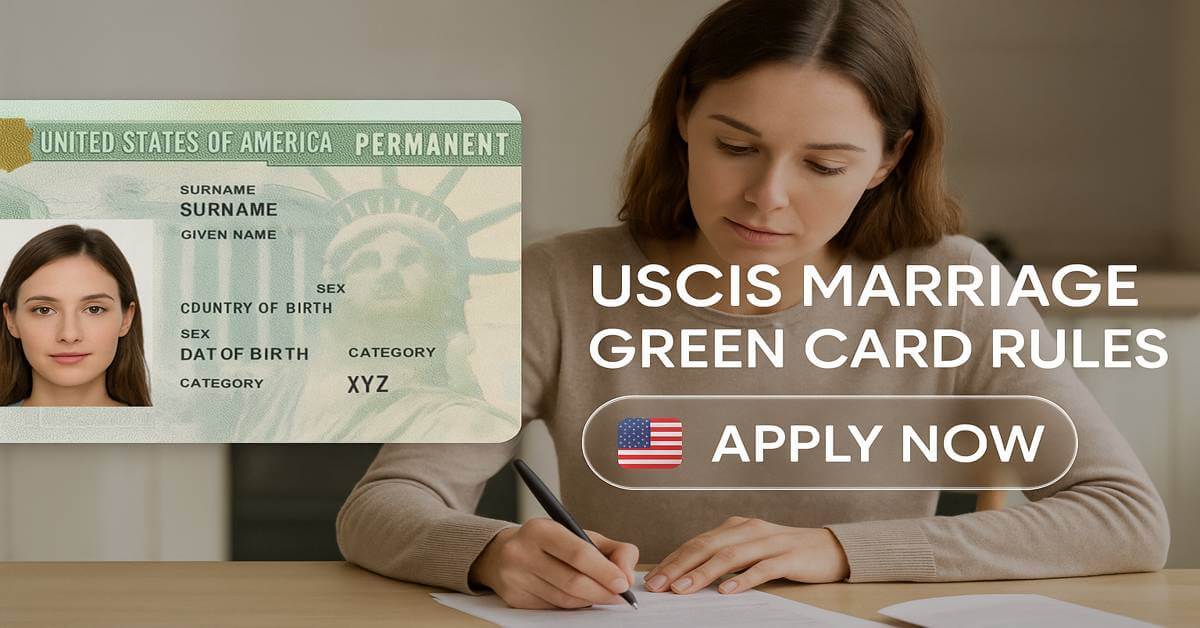Birthright citizenship in the United States means that almost anyone born on U.S. soil automatically becomes a U.S. citizen — regardless of their parents’ immigration status. This right is protected by the 14th Amendment of the U.S. Constitution and has been a fundamental part of American law for over 150 years.
However, recent political and legal challenges have reignited national debate over its scope and future. This guide breaks down what birthright citizenship means, who qualifies, how it compares globally, and why ongoing legal battles could redefine citizenship rights in America.
The 14th Amendment:
The 14th Amendment, ratified in 1868, guarantees birthright citizenship in its Citizenship Clause:
“All persons born or naturalized in the United States, and subject to the jurisdiction thereof, are citizens of the United States and of the state wherein they reside.”
Originally, this was designed to secure citizenship rights for formerly enslaved individuals after the Civil War. Today, it protects the citizenship of nearly everyone born in the U.S., preventing children from becoming stateless — that is, without citizenship in any country.
The U.S. Supreme Court upheld this principle in the landmark case United States v. Wong Kim Ark (1898), which confirmed that children born on U.S. soil to foreign nationals are U.S. citizens.
Read Also: Form N-600 Application Process for U.S. Citizenship – Certificate Explained
Principles for citizenship:
Countries generally follow two main principles for citizenship:
- Jus soli (Right of the soil): Citizenship granted based on birthplace. Examples include the U.S., Canada, Argentina, and Brazil.
- Jus sanguinis (Right of blood): Citizenship granted based on parents’ nationality, regardless of birthplace. Examples include Japan, Germany, and China.
Note: Some countries use a combination of these principles.
Recent Developments:
An executive order was issued aiming to restrict birthright citizenship only to children born in the U.S. to at least one parent who is a U.S. citizen or lawful permanent resident (green card holder).
Key points about this order:
- It applies to all children born on U.S. soil, including those with parents on legal visas and undocumented immigrants.
- It directs federal agencies to withhold citizenship documents from children who do not meet the new parental criteria.
- It marks a major shift from the long-standing interpretation of the 14th Amendment.
Legal Challenges and Current Status:
The executive order has faced immediate legal challenges. Federal courts blocked the order, calling it “blatantly unconstitutional” because the 14th Amendment’s Citizenship Clause is widely interpreted to grant automatic citizenship to nearly everyone born in the U.S., with limited exceptions such as children of foreign diplomats.
As:
- The U.S. Supreme Court is reviewing related legal challenges as an emergency matter.
- The current administration is seeking to enforce parts of the order while litigation continues.
- The focus of legal arguments has shifted towards limiting the power of lower courts to block nationwide policies, which could affect how the order is implemented.
Conclusion:
Birthright citizenship remains a fundamental right for those born in the U.S., enshrined in the Constitution and upheld by courts for over a century. Recent political attempts to restrict this right are facing strong legal opposition. Staying informed about ongoing developments and knowing your rights is important for all U.S. residents and those considering immigration.
Frequently Asked Questions:
Are there any exceptions to birthright citizenship?
Yes. Children born to foreign diplomats who have diplomatic immunity are not granted U.S. citizenship under birthright citizenship laws.
What is birthright citizenship in the United States?
Birthright citizenship means that anyone born on U.S. soil automatically becomes a U.S. citizen, regardless of their parents’ immigration or citizenship status. This right is guaranteed by the 14th Amendment of the U.S. Constitution.
Can an executive order change birthright citizenship laws?
No. Birthright citizenship is a constitutional right, and changes require an act of Congress or a constitutional amendment, not just an executive order.







